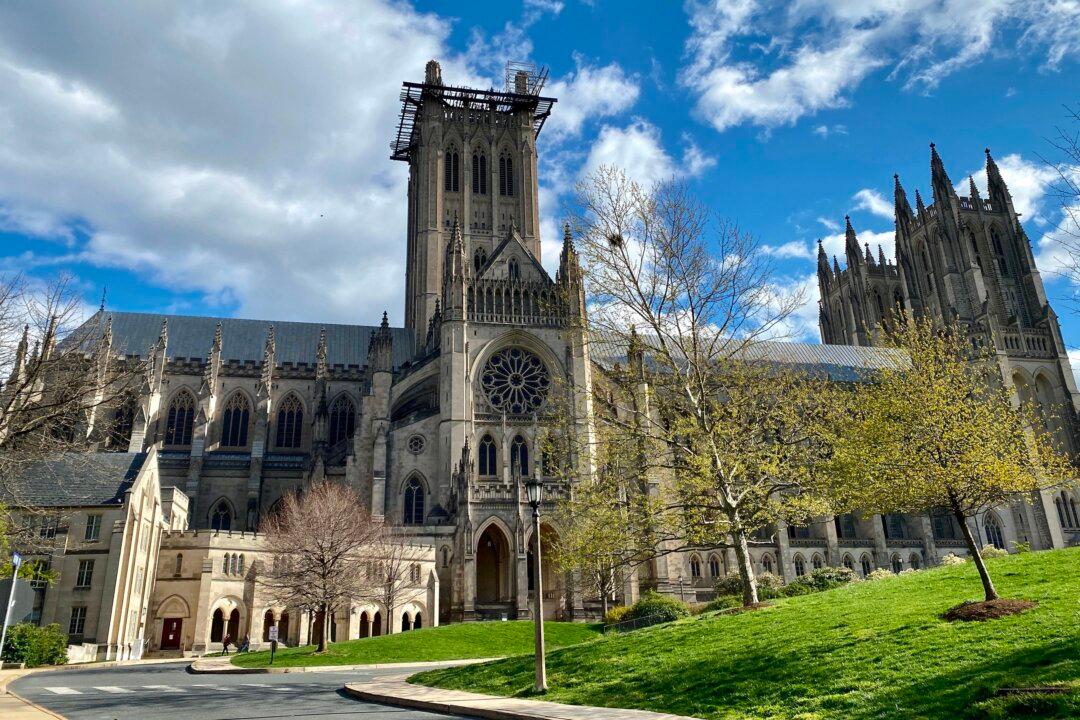The Department of Justice (DOJ) on April 11 said it may take action this week against local governments that have cracked down on all forms of religious services amid the CCP virus pandemic.
“During this sacred week for many Americans, AG Barr [Attorney General William Barr] is monitoring govt regulation of religious services,” DOJ spokesperson Kerri Kupec wrote on Twitter on April 11. “While social distancing policies are appropriate during this emergency, they must be applied evenhandedly & not single out religious orgs. Expect action from DOJ next week!”




